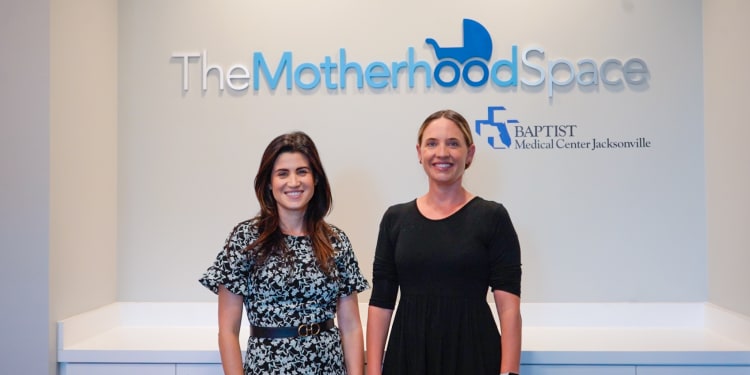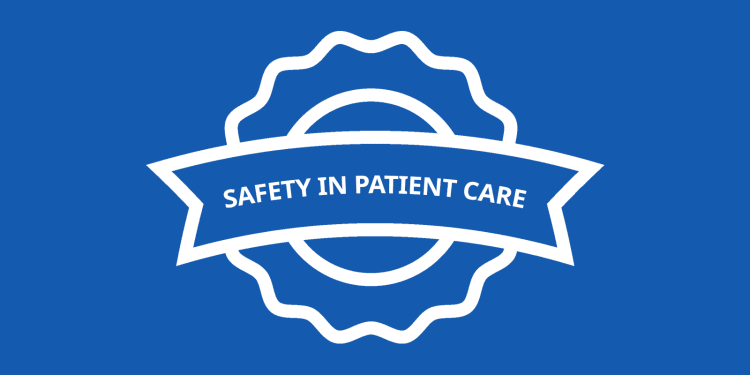
The Motherhood Space
This space is designed to help new and expectant moms who are experiencing maternal mental health challenges by improving their ability to cope and function in daily life.

Jacksonville’s Most Preferred Health Care

This space is designed to help new and expectant moms who are experiencing maternal mental health challenges by improving their ability to cope and function in daily life.

Safely providing you and your family with high-quality care is what we do every day.

Our new portal provides secure access to your medical information anytime, anywhere. View test results, make appointments and much more for you and the people you care for.
Whether you need to find a location in the hospital or find a doctor near you, you can do it all from your phone with Baptist Access.
News, information, tips and inspiring stories written by Baptist Health experts to improve your health and wellness.